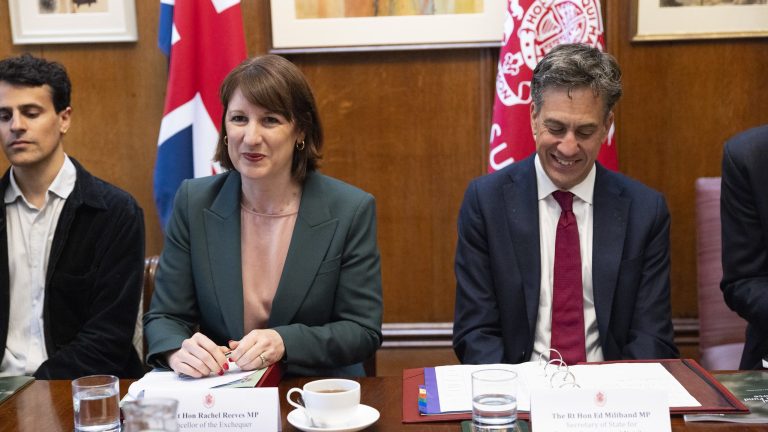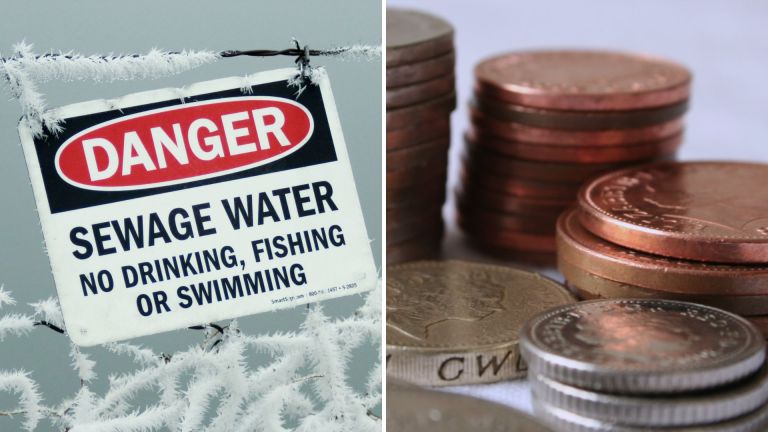Myths about the international climate crisis are part of a growing trend for ‘pseudoscience’ spread on social media sites like Youtube.
A new report from a German university academic has revealed that the algorithm which drives how people find content on the internet is spreading misinformation.
We also know conspiracy theories have a powerful appeal as they can help people make sense of events or issues they feel they have no control over.
He discovered that more than half (107) of the clips claimed climate change was a conspiracy or denied humans were causing it. Those videos received the highest number of views.
In his report, Dr Allgaier said: “Youtube is an important information source for many people when they want to find information about science and research.”
He explained that conspiracy theorists latched onto scientific-style language such as ‘climate engineering’, ‘geoengineering’ or in another example of pseudoscience, ‘chemtrails’.









